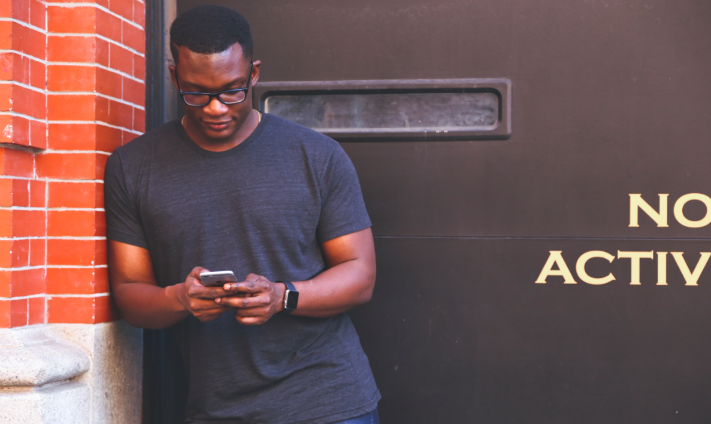Everyone has a job interview experience they look back on, and cringe. Maybe you called your interviewer Susan for the duration, only to realise afterwards that her name was actually Sandra.
Or perhaps you completely froze due to nerves and literally forgot what it is you do, stumbling over your answers––and knowing in the moment that you were definitely not going to get the job. Or you could have had a commuting crisis, missing connections and arriving at the interview late, sweaty and frazzled.
None of these are good bases for smashing the interview and getting the job, but they’re also the sort of things that can simply happen due to a combination of nerves and poor planning.
Take solace in the fact that most people will have done something at a job interview that looking back on they regard as a complete ick.
So, chalk up bad interview performance to experience and aim to learn something from it––even if that’s only to get the interviewer’s name correct. Then, for your next round of interviews, make sure you don’t do any of the below, either.
More career advice: Cheat sheet: These are the things you should never do when you leave a company
Don’t complain about your current job
It’s really common to look for a new job purely because you’re not happy in your existing role. Whether that’s due to a boss you don’t gel with or an environment of overwork where you’re starting to feel burnt out, you shouldn’t mention this at an interview.
It might be the stone cold truth––but complaining about colleagues or management can ensure that you’ll appear to be a whiner to your potential new boss. Instead, frame your desire for this job around what you can bring to the table, and explain how you’re always keen to learn and grow professionally.
Owen Murray, CEO and founder of urhired.ie, an interview coaching platform, says it is crucial to navigate interviews with professionalism and tact. “Refraining from negative comments about previous colleagues or employers will demonstrate discretion, but also maturity.”
Don’t say “I don’t know” when asked a question
Most interviews are situational, at least in part. What that means is the panel will ask you questions about things in the job description with the expectation that you’ll provide an example from your own work experience. This shows them that you’re a great candidate for the job.
Shrugging your shoulders and saying you don’t know when asked a question is a huge no-no. Sure, you may not have had direct experience of what’s being asked, but the ideal thing to do in that situation is to say something like “I haven’t experienced that exact scenario but I have lots of experience with this similar situation and this is how I handled it.”
Don’t immediately ask about money
You may have been contacted by a recruiter for a pre-interview screening call and the money conversation may have already been had.
If it hasn’t been mentioned yet, avoid bringing it up in your first interview. You may be dying to know what the job pays (and whether it’s worth your while to continue the interview process) but this is a topic best left to the hiring manager to raise. Fair or not, you’ll risk looking pushy or purely financially-motivated.
Don’t lie or exaggerate
Tempting as it may be to exaggerate––or invent––experience and abilities you don’t possess,
Murray says that honesty is the best policy.
“Circling around the truth can have a detrimental effect on trust and your credibility as a candidate. From my experience, if a candidate lies in an interview situation the signs are obvious, and it is easy for the hiring team to decide for the candidate not to progress.”
Don’t make it all about you
“The best candidates I hired over my career were those who focused on how they could contribute to my company’s success rather than on their personal gains,” Murray says.
He points to one great reason why you should avoid coming across as arrogant. This will “show respect for others’ contributions and expertise, which can be a great indication of the candidate’s cultural fit for an organisation.”
It is also important that you align yourself with the company’s goals or values. “Brushing up on these details before an interview will make a huge impact in the interview itself,” he adds.
So how can you do this? “I noticed one of your core values is ‘respect your co-workers’. This resonates with me as my current employer fosters this type of culture, and has been an integral part of the success of the business”, is Murray’s suggestion.
Don’t swear or use slang
We all slip up from time to time but make a conscious effort not to swear in an interview.
Murray says you should take this further. “In the world of social media, slang and lingo are more common now than ever,” he says. “My advice is to stay away from ‘TBC, TBH, man, mate, and LOL’ in an interview situation.”
Want more like this?
If you enjoyed what you’ve read above, and would like to get original work-related content on your own website, plus the chance to maximise your revenue, contact us now.













